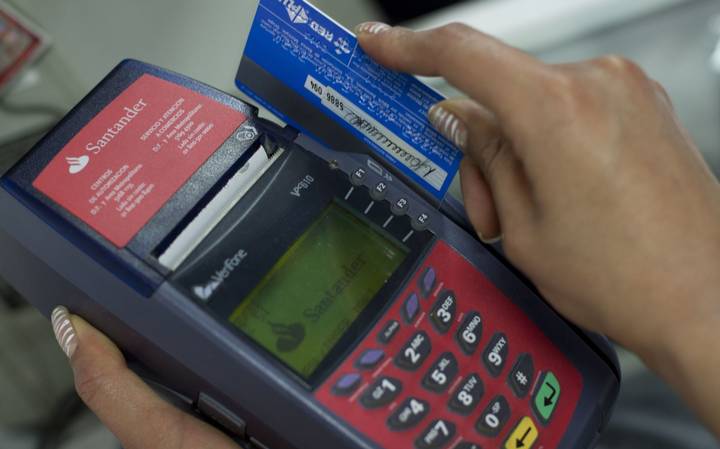The country’s banks started 2023 on the right foot in terms of consumption, as during the first month of the year they registered around 31.9 million active credit cards (TDC), the highest figure since records began, according to data from the National Banking and Securities Commission (CNBV).
According to data from the regulator, the number of cards reported also represented an 11.6 percent increase compared to the same period in 2022, when just over 28.5 million plastics were registered in the country.
The higher demand for financing, specifically through cards, is due to several internal factors, including high inflation and higher interest rates from the central bank.
In addition, card spending has focused on the services sector, which includes hotels, restaurants, airlines or entertainment activities, and basic necessities, as inflation has forced consumers to maintain their purchasing power through financing.
Analysts agree that, on the one hand, Mexicans are reactivating their spending after two years of the pandemic, while banks that offer this type of products have launched more aggressive offers or promotions to attract more customers in recent months.
The latter became more relevant with the entry of new financial technology institutions (FINITECH) that offer credit cards at preferential rates, with rewards such as cash back or contests for purchases, among other advantages.
“In college or first-time cards there is great competition from fintechs; banks do not want to be left behind in this segment, and still see room to continue penetrating and banking people,” said Akira Hirata, director of Financial Institutions at HR Ratings.
For the rating agency analyst, the growth of credit cards has not been excessive or irresponsible, because although there is a greater placement of plastics, banks maintain prudence regarding who authorize financing.
“The (banking) strategy was that at the end of the pandemic there would be greater care in knowing to whom to grant credit. Now there is no concern about the health crisis, but there is concern about the economic part; banks continue to grow at a conservative pace,” said the specialist. From the perspective of Intercam’s analysts, it is not excluded that in the remainder of the year families may face an even more complicated economic environment, derived from the increase in prices of goods and services, as well as an increase in interest rates and a higher level of debt to alleviate these facts.
TYT Newsroom


